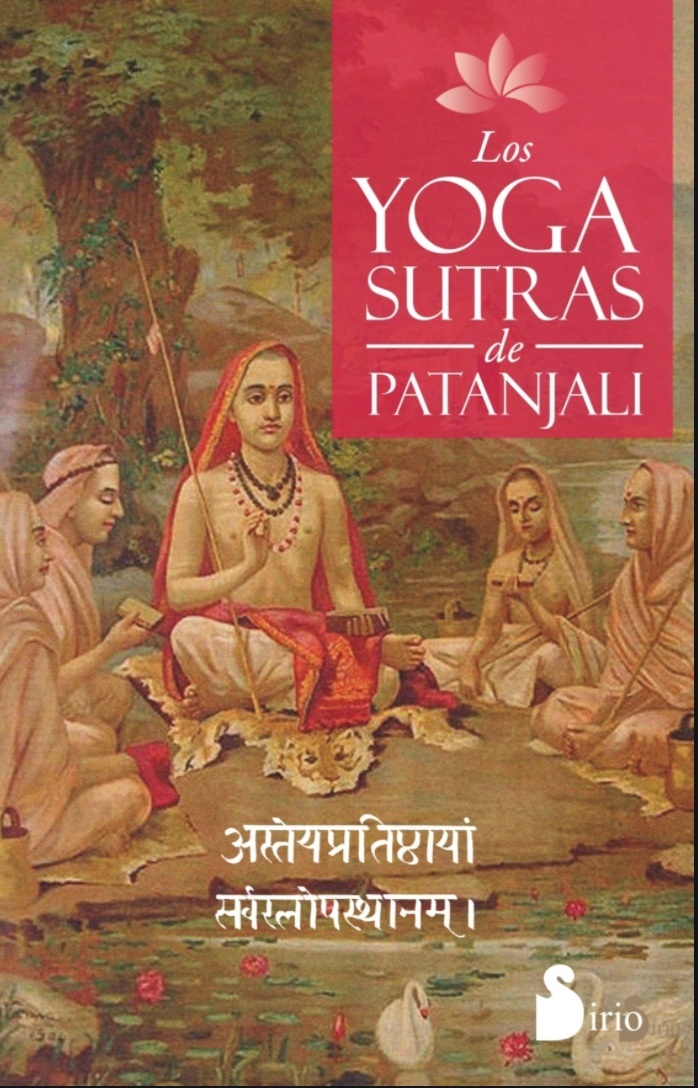Yoga Sutras of Patanjali
PATANJALI – A mystical Story
Patanjali is the creator, the founder of the Yoga Sutras. The creation date is not clearly defined. Researchers were able to locate this character, erudite, around 200 years before JC, the period when he would have written the Yoga Sutras which would later be interpreted as the codes of yoga, a lifestyle.
The differences in the writing style imply that Patanjali was not a single man, some will say that it was a lineage of 14 scholars, Patanjali.


The Yoga Sutras
The Yoga Sutras of Patanjali are a collection of 196 Sanskrit Sutras (aphorism)on the theory and practice of Yoga. They describe the functioning of the mind and indicate different ways of understanding Yoga and how to integrate it into our life.
The 8 Limbs, Pillars of Yoga
To Teach, share, and spread the Yoga, the Yogis have been using the Yoga Sutras for many decades. The 8 branches, pillars of Yoga described in the Yoga Sutras are interpreted as the codes of conduct of the “good” Yogi.
The different branches of Yoga are like a path, a journey, a guideline to reach the Samadhi. There are many different books who translate and comment on the Yoga Sutra, all are good.
The 8 pillars of yoga are YAMAS, NIYAMAS, ASANA, PRANAYAMA, PRATYAHARA, DHARAN, DHYAN and SAMADHI.
YAMAS is the first pillars, It’s the rules (code) of the social life and the observance in relation to others, to live in harmony with the outside world. It includes 5 precepts that are:
– Ahimsa – The non-physical violence and compassion for others and the environment.
– Satya – The truth and right speech, oral speech, and internal dialogue.
– Asteya – Non-Stealing, non-accumulation
– Brahmacharya – Moderation, learning how to manage its energy by avoiding dispersion.
– Aparigraha – Let go, impermanence concept.
NIYAMAS is the second pillars, it’s the inward rules (codes), the observance for ourselves, the personal discipline to evolve on the yoga pathway. It includes 5 precepts that are:
– Saucha – The internal and external body, mind cleanliness, clearness, and purity.
– Santosha – Contentment, be happy and satisfy with what we have.
– Tapas – Discipline and perseverance. Tapas means FIRE.
– Svadhyaya – Text and Self Study.
– Ishvara Pranidhana – The power of Surrender. Completely surrender our individual ego identities to something bigger: life, cosmos, the divine, nature...
If you are interested for a full study of the Yoga Sutras leave us a comment – See you soon
